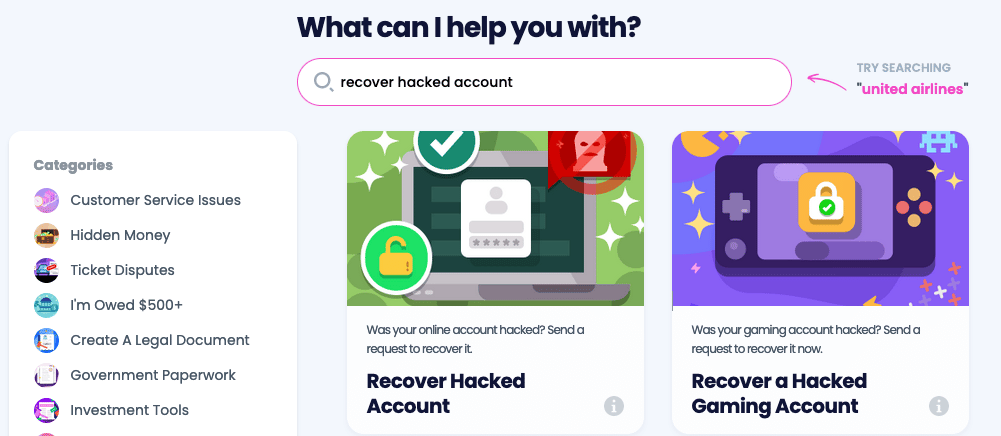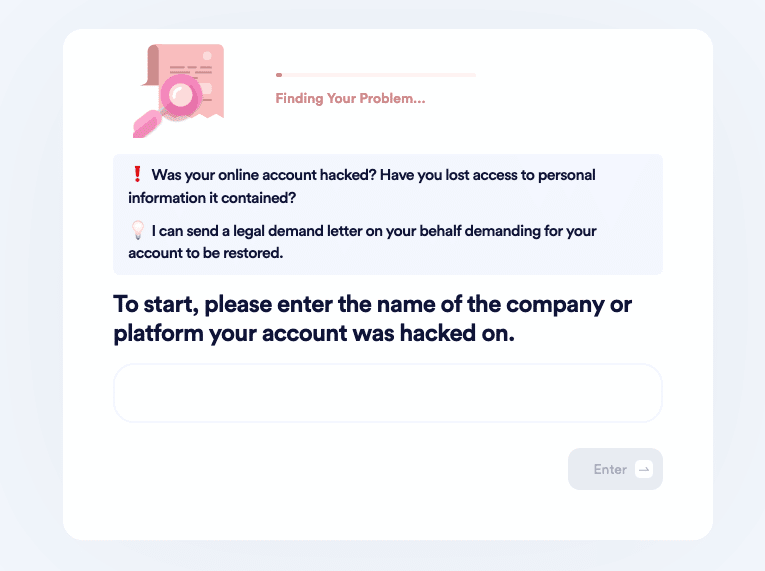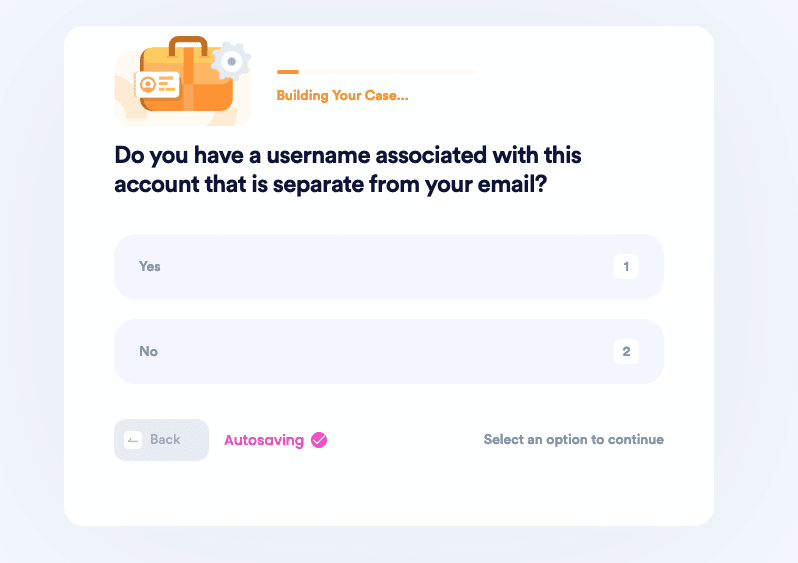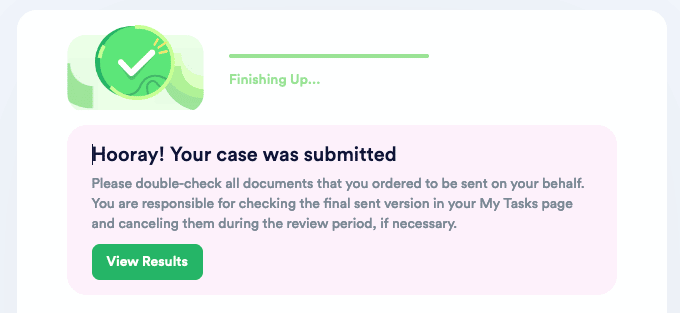How To Successfully Recover Your Hacked Fidelity Account
Despite increased surveillance, banks and brokerage firms continue to be popular targets for cyberattacks. Since banks are interconnected, these attacks have the potential of catastrophic effects on the country's financial solvency.
With this in mind, it's easy to lose sleep worrying about the possibility of your Fidelity account being . Fortunately, Fidelity has policies and procedures in place that protect their customers from losses due to cyberattacks.
In this guide, we will cover the signs that your , as well as how to file a claim for any losses as a result of the breach. However, DoNotPay offers a more efficient process to notify Fidelity about the breach.
How to Tell if Your Fidelity Account Was Hacked
There are red flags that will tip you off that your Fidelity account was . These are as follows:
- There are trades in the account that you did not authorize. If you start receiving email notifications of trades you did not make yourself, this could be a sign that someone else has access to your account.
- You see a message that their website is down for maintenance. This could be a sign that a hacker has grabbed your credentials with what is known as a "man-in-the-middle" attack.
- Your recent web activity shows a login session that you don't recognize. When you first log onto your account, most accounts show the last time you signed on. If you don't recognize the date and time that is listed, this could be a sign of unauthorized access.
- Your password no longer works, despite typing it in correctly several times. A cybercriminal may have gained access to your account and changed your password.
What to Do if Your Fidelity Account Has Been Hacked
Once you have verified that your account has been compromised, there are several steps you can take to mitigate the damage and prevent the hacker from repeatedly accessing the account.
- If you have access, change the password to a very strong combination of letters, numbers, and other characters. If you have not already done so, add 2-factor authentication to secure the account.
- Contact Fidelity to report the breach at 800-544-6666. They will freeze or close the account to prevent the hacker from gaining repeated access. Note that the report must be made within 30 days of receipt of your last statement.
- Cancel any credit/debit cards that are tied to the account.
- Check your credit history with the three major bureaus to make sure the hacker has not used your personal information to open accounts under your name. Put a fraud alert on the files so that financial institutions and credit card companies contact you when new accounts are open under your name.
- Run a thorough virus scan on your computer to check for malware that may have leaked your personal information online.
- File a claim with Fidelity for reimbursement of the stolen funds through their fraud division at the number given above.
What to Do if Your Username and Password Have Been Changed
A sure sign your Fidelity account was hacked is that your login credentials are no longer valid. If this should occur, attempt the following:
- Attempt to regain access using the "Forgot username or password? option. It will prompt you to answer questions to verify your identity. If you are successful, Fidelity will text or email you a link to reset your log-in credentials.
- Once you gain access to your account, make sure your new password is very strong and you activate 2-factor authentication if you have not already done so.
- If you are unable to reset your account, contact Fidelity immediately at 800-544-6666 for assistance.
How DoNotPay Can Help With Your Hacked Fidelity Account
Dealing with Fidelity directly and going through the above steps can be time-consuming and tedious. However, DoNotPay can help you with this matter in a more efficient way in just 4 easy steps.
- Open the Recover Hacked Account product on DoNotPay and tell us the name of the company or platform of your hacked account.

- Enter the information associated with your account, such as your username.

- Tell us whether you have paid for the account and would like a refund.

- And that’s it! We will send a demand letter on your behalf with a two-week deadline for the company’s representatives to help you recover your account.

The above method is faster, easier, and more successful in notifying Fidelity about your account breach. DoNotPay will inform them on your behalf so that corrective action can be taken immediately.
DoNotPay can help with other hacked accounts
In addition to Fidelity account hacks, DoNotPay can help you resolve problems with other accounts that may have been hacked:
What Else Can DoNotPay Do?
DoNotPay can help you resolve many other problems:
- Send Demand Letters To anyone in small claims court
- File a complaint against any company
- Obtain building permits easily
- Appeal a banned account
- Renew a car registration
These are just a few of the many solutions DoNotPay provides to make your life easier. With over 300,000 people helped so far, DoNotPay's innovative platform continues to streamline applications and requests that save you time and money.
 By
By